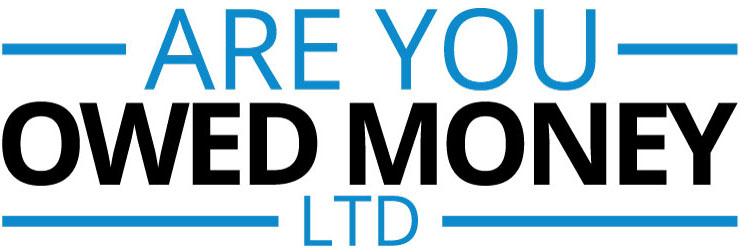‘The pen is mightier than the sword’ wrote Edward Bulwer Lytton. In the world of debt recovery, this concept definitely holds true. We get plenty of questions about whether we can recover a debt. The simplest reply for many of these queries is... Do you have proof?

FCA regulation
There are differences between commercial and consumer debts. The financial conduct authority regulates consumer debts and has strict guidelines for collection. FCA rules provide the biggest difference when dealing with consumers or companies.
What is the difference? Commercial debt is anything classed as business to business (B2B). This can be businesses of any size including sole traders. B2B disputes often involve unpaid invoices, unfulfilled work and legal disputes. Consumer debt is money owed by a person to a business.
FCA rules are in place to help protect the general public. In law, consumers are not seen on the same legal footing as a business. Generally, businesses have more resources to make a successful case. With this in mind, the FCA gives consumers protection from this position. When it comes to B2B debts, each firm is seen as starting on level footing. Because of this, FCA rules do not apply.
Proving debt
An important protection from the FCA is the burden of proof. If a debt is disputed, the creditor must provide proof. The burden of proof is always on the creditor. With that in mind, to be successful, it is always best to have some form physical proof. While this is specifically important for consumer cases, it is also very important for commercial cases too. Proving a debt is the best starting point to recovering your money.
If a debtor disputes, having acknowledgement the amount owed is vital. It is very difficult to defend if the debtor has admitted money is owed. Anything in writing is preferred in the eyes of a court. With a conversation, people can lie or change their wording to fit their story. There is often no further evidence other than creditor vs. debtor’s versions of the conversation. With written confirmation, words cannot be altered.
Even in a simple handwritten note, there is a basis that money has changed hands and is expected to be returned. Methods of proof can include:
- Signed invoices/Receipts/ Notes
- Signed letters
- SMS/ Email/ Social media messages
- Recorded voice messages
- Bank statements
This is important to remember when offering credit. Even if you offer credit to a friend or family, it is worth recording that the money is expected to be returned.
Does not having proof mean a debt is unrecoverable?
Not necessarily.
However; if proof is not available, it can become very difficult to recover. Should a case head to court, the case will require thorough review. If a judge is not convinced that the debt exists, they can declare no debt is owed. For this reason, always get confirmation, and always keep records of debts. You never know when they could be useful!
Dealing with disputes
The legal side can provide headaches for creditors. Even if you have proof, a debtor could try to avoid paying. When a debt becomes a burden this way, external help is valuable. We commonly face disputed debts, even sometimes with proof available. It is a way for a debtor to prolong payment.
Thankfully for our clients we have extremely experienced staff for this. Collection strategies and mediation tactics can bring swifter closes to cases. If you are an individual, sole trader, SME or larger who could benefit from additional help, contact our team today.
You can call us Monday to Fridays from 9am – 5pm on 0800 130 3357. You can email enquiries@ayom.co.uk or fill in our contact form. Expert debt recovery is one step away. Get the money you are owed back today.
